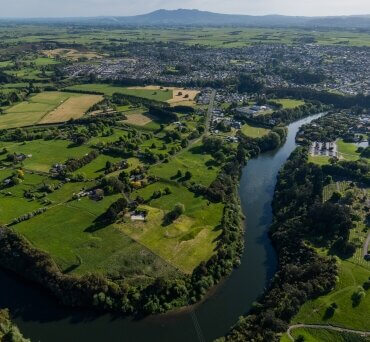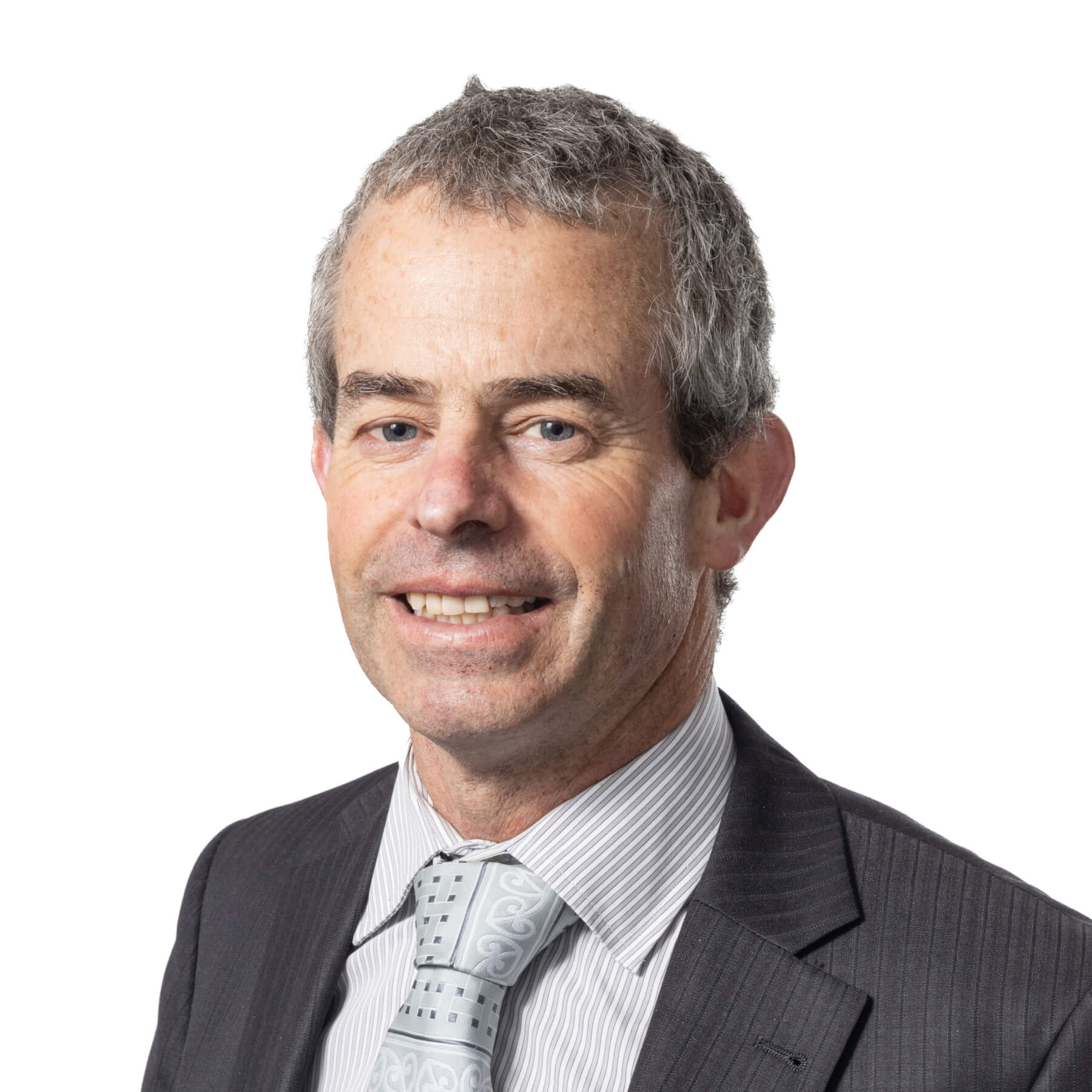
Waikato River.
Waikato Regional Council recently closed down its “Shovel Ready Programme” of work, following a successful completion of a number of relatively significant projects that delivered considerable benefit to our region.

Stu Kneebone
As background, as part of the response to Covid 19, the government of the day called for interest in what they termed “Shovel ready” infrastructure and environmental restoration projects that would stimulate the construction and environmental economy, provide public and regional benefit and create jobs.
The regional council applied for and received grant funding for more than 20 hard infrastructure and environmental projects. Because of the nature of the accountability requirements for this funding and the size of the work programme in the Waikato region, council established a specific project to manage and oversee this work over the four years it ran for. The project was a combination of environmental and infrastructure works across the region. Key outcomes from an environmental perspective included over 1.6 million native plants in the ground, over 660 hectares of land not suitable for livestock retired, 127 hectares of wilding pine control and the creation of a nationally significant wetland for wading birds.
The hard infrastructure projects included upgrading of some of our flood protection stopbanks and constructing two fish friendly pump stations. This amounted to a programme of works totalling nearly $60 million, and the council received $30 million in grant funding from the government. This “shovel ready” work programme met and in many cases exceeded the original targets set. Over 200 full time equivalent jobs were created, with a big focus on employing Iwi local to the various projects.
Throughout this programme, the regional council was able to demonstrate its ability to deliver and create constructive relationships with central government agencies, which will support the exploration of future funding opportunities with central government for projects and work programmes that can benefit the Waikato.
The council is now underway with planning for its 2025-26 annual plan budget. Councils are required to project a Long Term Plan budget every three years, and an annual plan in the intervening two years, which provides an opportunity to make amendments in response to changed circumstances.
There are a number of issues that have arisen since the Long Term Plan was signed off. A few key ones are The release of the National Land Transport Programme which sets out how Waka Kotahi-NZTA will work with its partners to invest in the land transport system.
NZTA has produced a discussion document on increasing the private share of public transport operating expenditure – this will be a key ingredient of council’s decision making with regards to what percentage of bus running costs are met by passenger fares verses rating.
Another issue is the government’s pause to the requirement for farmers to have freshwater farm plans. There are a number of other issues as well, and council will be working through these over the coming months, with a view to adopting a final annual plan budget by June 24, 2025








